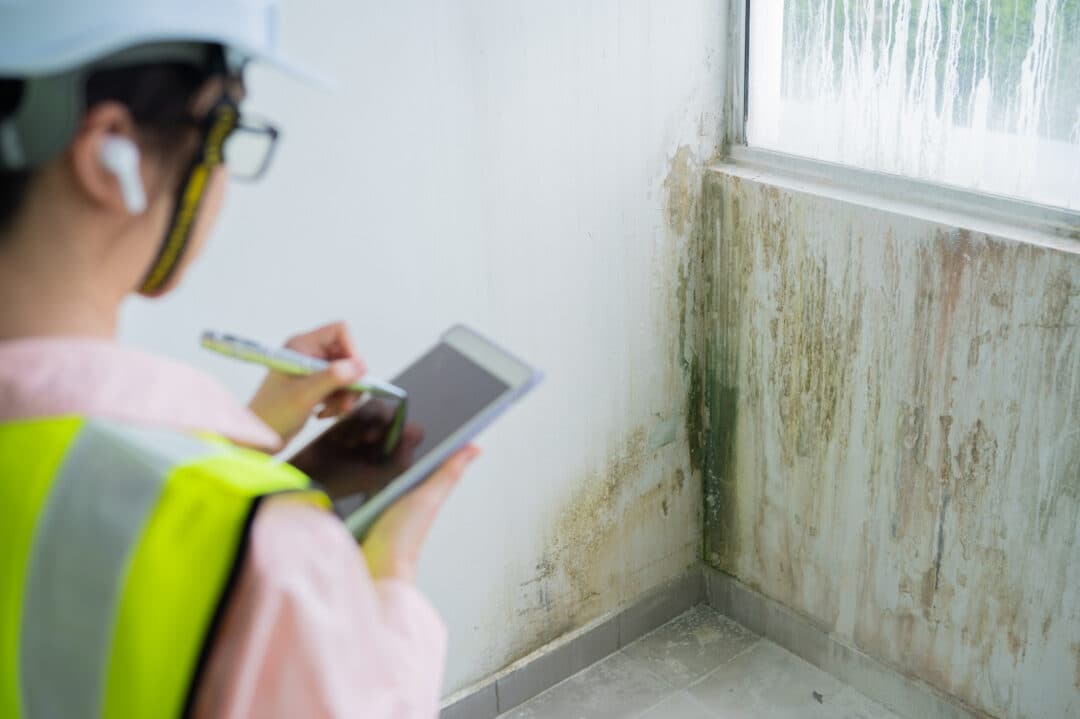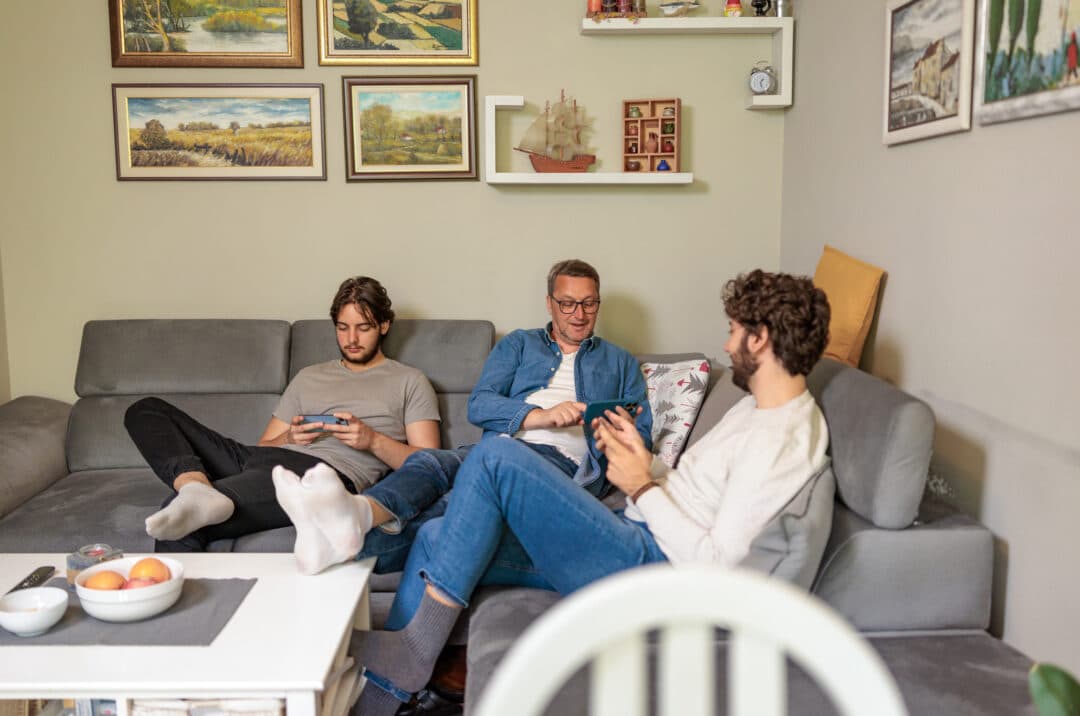Interest in inflation?

Among the myriad of headlines are two figures that the public and property industry are watching intently. The Bank of England base rate (0.5% as of 25th February 2022) and inflation (currently standing at 5.5%) influence how much money we have and what we spend it on. Both are rising and for some homeowners, it will be the first time they may start to ‘feel the pinch’.
Here Viewber looks into the recent history books to examine the relationship between inflation, interest rates and the housing market…
1975: 24.21%
We were a nation swaying along to Rod Stewart’s classic hit Sailing and Jaws brought horror to cinemas across the country. The Conservative party elected its first ever female leader in the shape of Margaret Thatcher and the Vietnam War came to an end.
Despite this calibre of seismic events, little could distract from the rate of inflation, which climbed to a startling 24.21%. The price of petrol increased 70% in 12 months and the Bank of England started raising interest rates as a measure of controlling inflation……sound familiar?
What definitely is alien is the average house price in 1975. Land Registry’s historic data reveals the average UK property value in January 1975 was £9,179 – continuing an upward trajectory that only meaningfully ended in 2008.
1980: 17.97%
It’s highly likely you were trying to figure out your new Rubik’s cube toy while Blondie was blaring out in the background. Strikes hit the steel working industry, John Lennon was shot dead and Nottingham Forest retained football’s European Cup.
Inflation peaked at 17.97%, unemployment reached a new post-war high of 1.9 million and the economy contracted by 4% in 1980. Margaret Thatcher, now in power, also introduced The 1980 Housing Act. This gave council tenants the ‘Right to Buy’ their property at a discounted rate and impacted home ownership for years to come.
Despite a persistently negative backdrop, the average UK house price had nearly doubled in the five years since 1975, resting at £19,273 as of January 1980. As inflation once again gripped the UK, the Bank of England turned the screw tighter than ever. Interest rates peaked at 14% – just shy of their recording-breaking high seen later in the 1980s.
1990: 8.06%
Margaret Thatcher resigned as Prime Minister, Gazza cried at the World Cup and Nelson Mandela was released from prison. Inflation peaks again but there’s new modesty in a new decade. The high of 8.06% sounds very flattering when compared to 1980 but the squeeze on living was acute and the threat of poverty compelled many to take part in the poll tax riots.
It was also the year that the Halifax Building Society declared the end of house price inflation and economists warned that property prices could fall by up to 10% during 1990 (more on that later).
Once again, the Bank of England stepped in to try and curb inflation, with a base rate of 13.875% before falling back to 5.375% by 1993. House prices in January 1990 had almost tripled since the last inflation peak, standing at £58,250. Values dropped by just £1,164 during the year and the big crash that was forecast never materialised, with house prices on their ascendency again by early 1993.
Property natter
Viewber is run by property professionals, young and old, who draw their knowledge from different decades and market conditions. If you’d like to reminisce about the past or plan more diligently for your property business’s future, get in touch.



